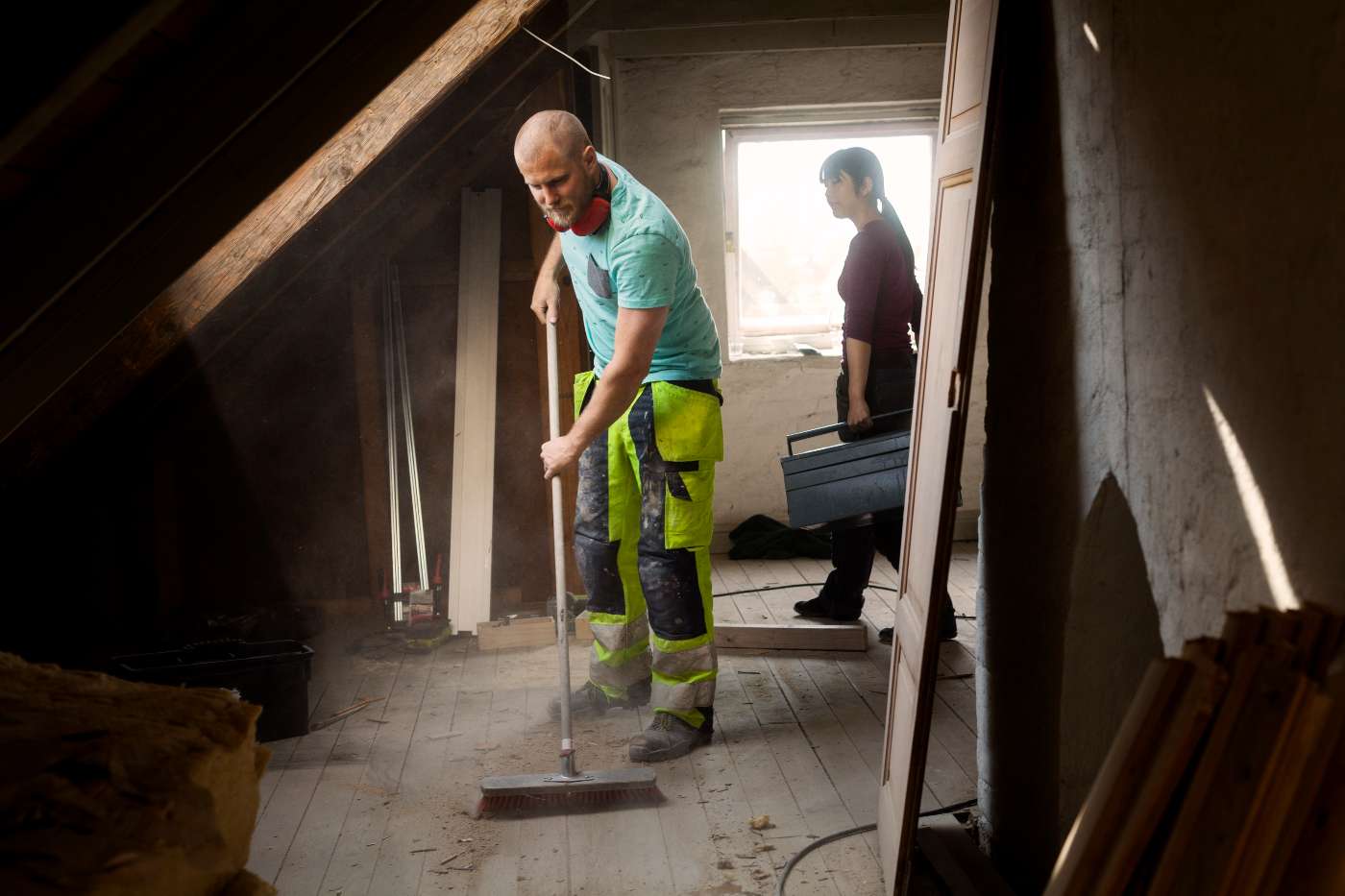Renovation is a significant expense and one that most people don't take lightly. Whether planning to do minor repairs or completely overhaul your home, it's essential to have a budget in mind. In this blog post, we'll outline some tips for budgeting home renovation projects and help you stay on track so that you don't end up overspending. Let's get started!
- Understand what you need, and don't overspend
The first step in remodeling your home is understanding what you need and don't need. This can be a challenge, especially if you need to familiarize yourself with your home's layout or the various fixtures and appliances. Before you begin, it's essential to take some time to examine all of the areas of your house that you think may benefit from the renovation – both big-ticket items like new flooring or kitchen countertops, as well as smaller things like updating light fixtures or painting walls. When budgeting renovation projects, it's essential to stick to your predetermined list of needs rather than going overboard on everything. This way, you won't have to worry about the cost of repairs or replacements down the road.
- Know your priorities
Once you know what you need and don't, it's time to figure out your priorities. Renovation projects can be expensive, so it's essential to choose the ones that will have the biggest impact on your home – both in terms of looks and functionality. It's crucial to begin by making a list of the areas of your house that are most important to you (e.g., bedrooms, living spaces, kitchens), then ranking them according to importance can help you determine your priorities and focus on fixing or upgrading those areas first.
- Stick to a budget
Once you've determined your priorities, it's time to create a budget. This is the most crucial step – if you don't have a budget, renovation projects can quickly spiral out of control and cost way more than you initially anticipated. The best way to create a budget for a home renovation project is by getting quotes from contractors. They can help guide you through the renovation process and estimate the cost of various items, ensuring that you don't overspend on things you don't need.
- Get estimates from multiple contractors
When it comes to home renovations, getting multiple estimates from different contractors can save you a lot of money in the long run. Not only will you be able to get an accurate estimate for your project costs, but you'll also have more options when choosing a contractor. When you schedule a meeting with a contractor, have a plan of what you want to see in the renovation project – this way, the contractor can better estimate the cost and timeline of your project.
- Choose the contractor that will best meet your needs
Once you've got your contractor's estimate, it's time to choose the one that will best meet your needs. Factors to consider include experience, crew size, availability, and feedback from previous customers. Once you've chosen a contractor, be sure to communicate with them regularly so that they know what progress you're making and stay on track for the final cost of your project!
- Communicate throughout the renovation process
It's essential to communicate with your contractor throughout the renovation process. This way, you can ensure a smooth and budget-friendly renovation project. It's also helpful to keep track of costs so that you know where adjustments need to be made – don't hesitate to bring this up with your contractor if something comes up unexpectedly!
- Factor in homeowner insurance
Homeowner insurance is a good idea when renovating your home – even if the work isn't related to the structure of your home. For example, suppose you're adding an addition or remodeling part of your home that was not originally there. In that case, you may need to get homeowner's insurance to cover any potential damages from contractor-inflicted accidents.
- Factor in renovation costs throughout the planning process
Renovation costs can add up quickly, so make sure to factor them into your overall budgeting process. Plan for things like materials and labor upfront, so you don't have to worry about any surprises down the line.
When renovating your home, it's important to remember to budget for the cost of renovation to avoid any unexpected fees. Communicating with your contractor and keeping track of expenses can ensure a smooth renovation without any nasty surprises.

